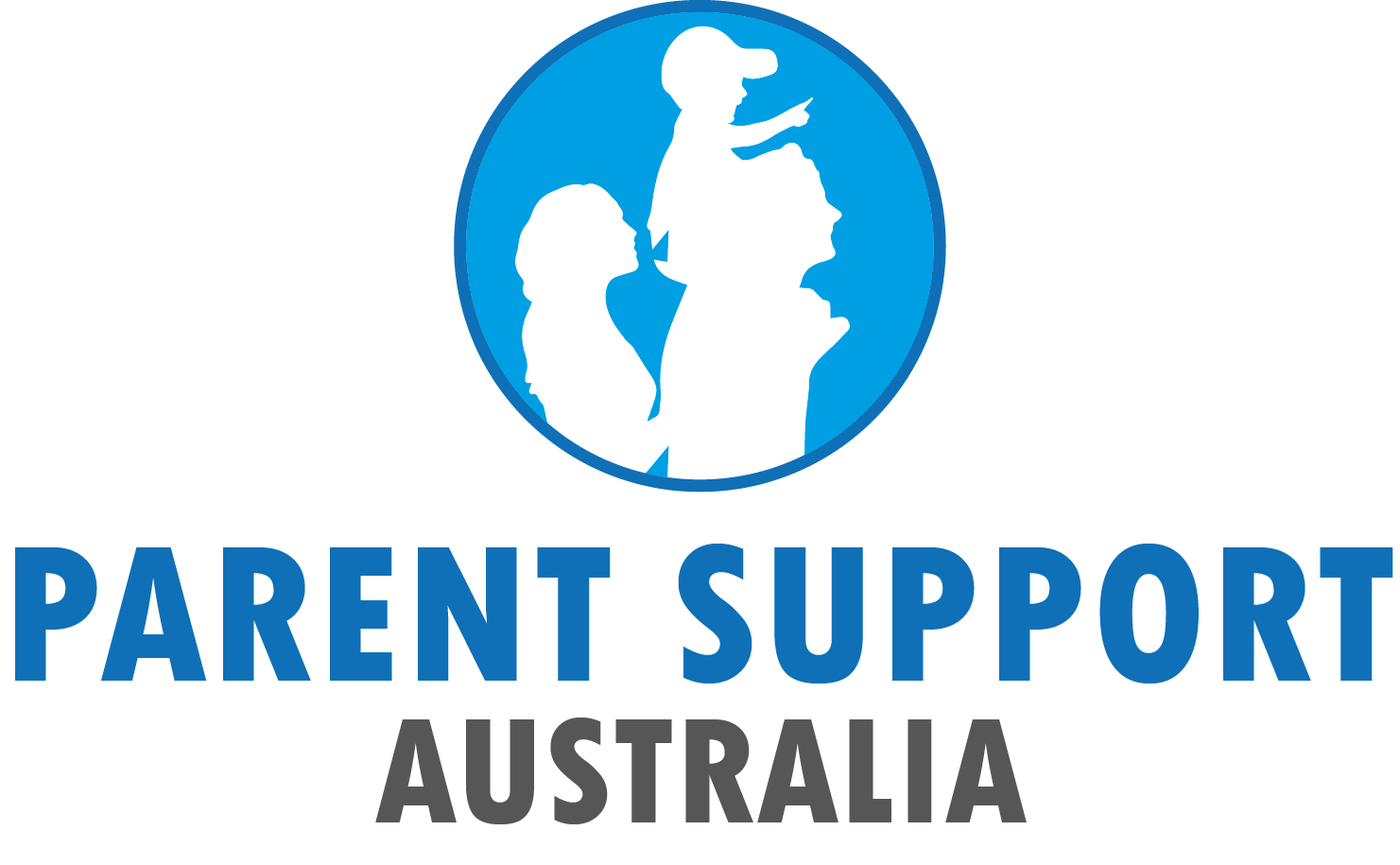Hi there! I’m Sarah, and today, I want to talk about something that’s deeply personal to me—sibling counselling. As someone who has had my fair share of sibling rivalry and misunderstandings growing up, I can tell you that sometimes it feels like nothing brings more tension than family. Whether it’s petty arguments, miscommunication, or just the weight of old grudges, sibling dynamics can really affect how we function in life. But here’s the good news: sibling counselling can be a game-changer in helping to heal old wounds and reconnect with the people who matter most.
If you’ve ever thought about seeking counselling for your relationship with your sibling(s), you’re not alone. Many of us reach a point where we realise we need a bit of help to mend the bond we once had, especially as we transition into adulthood. So, let me share some insights on sibling counselling, why it works, and how it can help bring peace, understanding, and genuine connection back into your family life.
Why is Sibling Counseling Important?

Before I dive into the “how” of sibling counselling, let’s explore the “why.” What’s so important about strengthening sibling relationships in the first place?
- They’re your lifelong companions: No one else will understand you like your sibling. You’ve shared experiences, memories, and a whole history that no one else can relate to.
- Conflict resolution skills: Learning how to communicate effectively and resolve conflict with your sibling can carry over into all areas of your life, including friendships and work relationships.
- Family harmony: Resolving sibling issues can lead to better family dynamics and a sense of unity that can positively affect everyone in your circle.
- Mental health: Holding onto resentment and frustration can have a negative impact on your mental health. Clearing the air and improving your relationship with your sibling can bring a sense of relief and joy.
I know from experience that it’s not always easy. Growing up, I fought with my brother all the time. Sometimes it was over silly things—who gets to sit in the front seat of the car, or who gets the bigger piece of cake. But other times, it was about deeper issues, like feeling overlooked or not being heard. Those childhood squabbles followed me into adulthood, and it wasn’t until I sat down with a counsellor that I realised how much we were holding on to.
How Does Sibling Counseling Work?
If you’re wondering how sibling counselling can help you and your sibling(s) move past old issues, here’s a quick breakdown of what it typically involves:
1. Understanding the Root Causes
Many sibling issues stem from deeper, unspoken problems. Perhaps you’ve never addressed childhood insecurities, jealousy, or unmet expectations. In sibling counselling, a trained therapist can help you both identify these underlying factors. This doesn’t just help resolve surface-level issues but also creates an opportunity for real healing.
2. Learning Effective Communication
Often, it’s not about what you’re saying but how you’re saying it. Sibling counselling teaches you how to communicate in a way that fosters understanding, respect, and kindness. You’ll learn how to listen actively, validate each other’s feelings, and express yourself clearly without escalating tensions.
3. Developing Empathy and Compassion
When you’re caught up in old family dynamics, it can be hard to see things from your sibling’s point of view. Counselling helps you step into each other’s shoes, develop empathy, and make space for each other’s feelings. It’s not about agreeing on everything but finding common ground and showing care for one another.
4. Setting Boundaries
Sometimes, the best way to improve a relationship is to set healthy boundaries. In sibling counselling, you and your sibling can work through establishing clear and respectful boundaries. These boundaries create space for both of you to grow as individuals without feeling like you’re constantly walking on eggshells.
5. Mediating Difficult Conversations
If there are sensitive topics that need to be addressed—whether it’s old family issues, financial disputes, or disagreements over parenting styles—a therapist can help mediate these conversations. A neutral third party can keep the dialogue productive, preventing it from becoming an argument that leaves both parties frustrated and unheard.
Signs You Might Benefit from Sibling Counseling
Wondering if sibling counselling is right for you? Here are a few signs that might suggest it’s time to consider it:
- You’ve noticed recurring arguments that seem to go in circles without resolution.
- You and your sibling have grown distant or hardly speak to each other anymore.
- There’s unresolved tension from past events that are still affecting your relationship.
- You want to move forward in your relationship, but there’s a lack of trust or understanding.
- Family gatherings feel uncomfortable, and there’s tension when everyone is together.
If any of this sounds familiar, it might be time to think about seeking help. Sibling counselling is designed to help you work through these issues, not just to “fix“ them but to better understand the dynamics and move forward in a healthier way.
Common Questions About Sibling Counseling
Here are some of the most common questions people have when considering sibling counselling:
1. Can counselling fix a broken relationship with my sibling?
While sibling counselling can’t magically erase past issues, it does provide tools and strategies to work through them. With commitment from both parties, it can significantly improve your relationship.
2. What if my sibling doesn’t want to participate?
If your sibling is unwilling to attend counselling, you might still consider going on your own. A therapist can help you process your feelings and offer advice on how to approach your sibling with the idea of counselling. Sometimes, it only takes one person to initiate change.
3. How long will it take?
Every situation is different, so the duration of sibling counselling can vary. On average, it could take anywhere from a few sessions to several months. It depends on the complexity of the issues involved and how much effort both parties are willing to invest.
4. Is sibling counselling worth the investment?
Absolutely. The long-term benefits of improving your relationship with your sibling can be invaluable. Better communication, emotional healing, and strengthened family bonds can lead to a more harmonious family life.
How to Find the Right Sibling Counselor

If you’re thinking about sibling counselling, the next step is finding the right professional. Here’s how to start:
- Look for a licensed therapist with experience in family dynamics or sibling relationships.
- Check reviews and ask for recommendations from others who have gone through sibling counselling.
- Consider online therapy: If you and your sibling are in different locations or have busy schedules, online therapy might be a convenient and effective option.
Final Thoughts
I know firsthand how complicated sibling relationships can be, but I also know that with the right support, it’s possible to transform even the most strained bonds. Sibling counselling provides a space for understanding, healing, and growth. If you’re ready to move past the tension and rebuild your connection, reaching out for help is the first step toward a healthier, happier family life.
Do you have a sibling you’ve been struggling to get along with? Have you tried sibling counselling, or do you think about it? I’d love to hear your thoughts in the comments! Share your story or ask any questions you might have about sibling counselling—let’s keep the conversation going!
If this article resonates with you, please consider sharing it with others who might benefit from it. It could be just the encouragement someone needs to take that first step toward healing.


Add a Comment